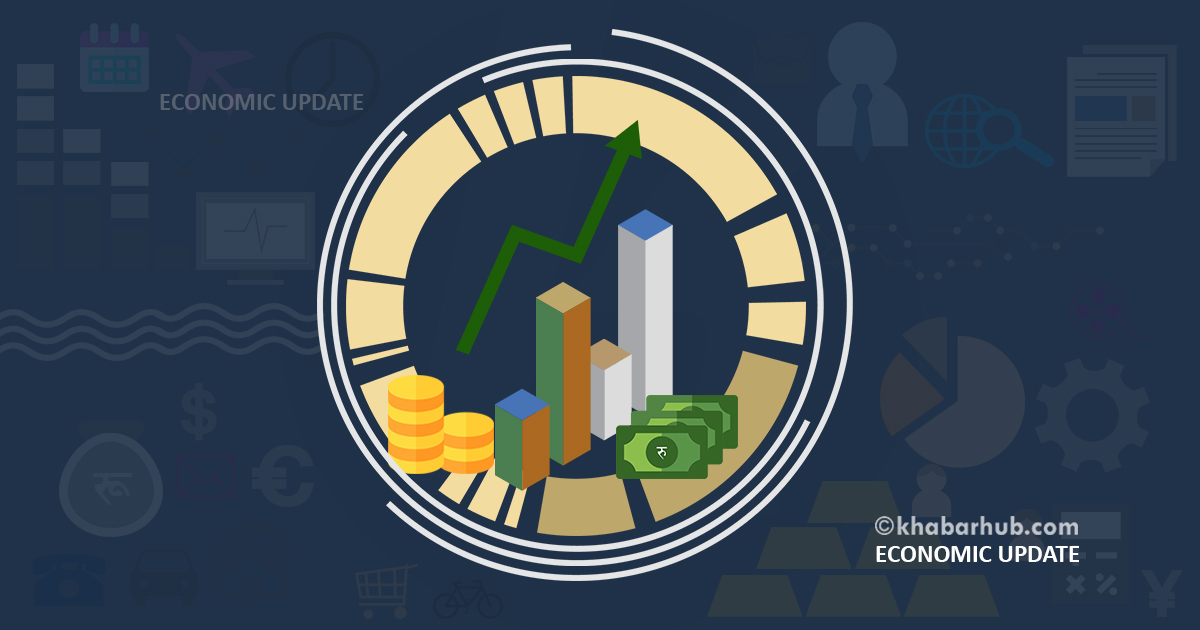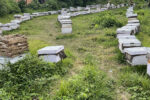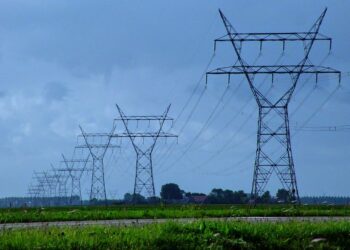KATHMANDU: Economic Digest, a daily morning email digest, is basically a relatable summation of important business news from Nepal into easy-to-understand summaries.
Govt. estimates 2.3 per cent growth rate
The Government has said that the economic growth in the current fiscal year will remain at 2. 3 per cent.
The economic survey 2076/77 presented by Finance Minister Dr Yubaraj Khatiwada at the Federal Parliament today states that the growth rate is very low compared to what the government determined due to the impact of Corona Virus across the globe.
The government had predicted 8.5 per cent economic growth for this fiscal year. The economic growth rate had remained 7.3 per cent on an average in the past three years.
Likewise, the per capital GDP for the current F/Y is estimated to increase by 7.5 per cent in compared to the previous year to reach 1,085 US dollars. Finance Minister Dr Khatiwada said that the consumer inflation rate stands at 6.5 per cent as of mid-March this year.
It was 4.3 per cent in the same period the previous year. As a result of the steps taken to prevent and control Corona Virus, the total investment due to limitation in public and private expenditure is expected to decrease by 3.4 per cent in compared to the previous F/Y to stand at 1,889 billion 260 million rupees.
Remittance flow decreasing
Around Rs 75.48 billion remittance was received in the country in-between the month of Chaitra and Baishak.
The ratio of the remittance received in comparison in the same period of last year is less as 100.43 billion was received last year.
The Nepal Rastra Bank, the central bank, while releasing its third tri-month evaluation report of current economic policy today, shared that the flow of remittance was lessening due to ongoing lockdown in gulf countries.
The report has further stated that the economic policy will be designed in line with government’s policy and program after evaluating the impact of COVID-19 to the economy.
ADB approves USD 250 million concessional loan for Nepal’s COVID-19 response
The Asian Development Bank (ADB) on Tuesday approved a $250 million concessional loan to help the government of Nepal for its response to the novel coronavirus disease (COVID-19) pandemic.
ADB in a statement stated the loan will be used for COVID-19 response which includes measures to strengthen the country’s public health systems and mitigate the adverse economic and social impacts of the pandemic, particularly on the poor.
This concessional loan will enable the government to continue its containment measures, extend its social protection program for the poor and vulnerable, and set the stage for an early economic recovery,” said ADB President Masatsugu Asakawa.
He added that the COVID-19 pandemic continues to be a serious public health issue and will significantly impact Nepal’s overall social and economic development.
NRB clarifies clean currency note policy
Nepal Rastra Bank (NRB), the central bank of the country, has further clarified its ‘clean currency note’ policy, which bars banking institutions from circulating banknotes that are not fit for common use.
As the bank had earlier, instructed banks and financial institutions to strictly enforce the policy and issuing a statement has further clarified on it.
The NRB has stated that the banks and financial institutions should categorize the currency note on three groups: notes fit for ATM use, common use and ruined ones.
The policy was further interpreted aimed at sending neat and clean currency notes to the public. The Bank has expected this will further help reuse of bank currency as reprinting of notes was tough during the ongoing lockdown.
Govt to adopt policy to bring in money illegally stashed abroad
The government is adopting a policy enabling the Nepali people to bring in their money illegally stashed away in the foreign lands.
Inland Revenue Department has submitted a report to the Ministry of Finance asking the latter to address this issue in the fiscal budget set to be unveiled on May 28.
It is expected that the policy will encourage the Nepali people to bring in their money from abroad and patch up to some extent the loss incurred by Coronavirus pandemic in the inland revenue of the country in coming fiscal year.
The number 5 of the report has suggested that the government should make arrangements encouraging Nepali people to bring in their moveable or non-moveable property from the foreign countries without mentioning sources in the next two years.
Parliamentary committee asks govt to hike tax on alcohol, tobacco
The parliamentary Education and Health Committee has instructed the government to increase tax on alcohol and tobacco products.
It has asked the government to invest the revenue collected from the tax increase in the health sector. The committee has also instructed the government to allocate budget of the coming fiscal year focusing on prevention and control of COVID-19, committee Chairperson Jayapuri Gharti said. The meeting has also endorsed the annual report of the committee.
(Compiled and prepared by Swastik Aryal and Nitish Lal Shrestha)
Nepal Economic Digest is a daily morning email digest, basically relatable summations of the most important business news, happenings from Nepal into easy-to-understand summaries.









Comment